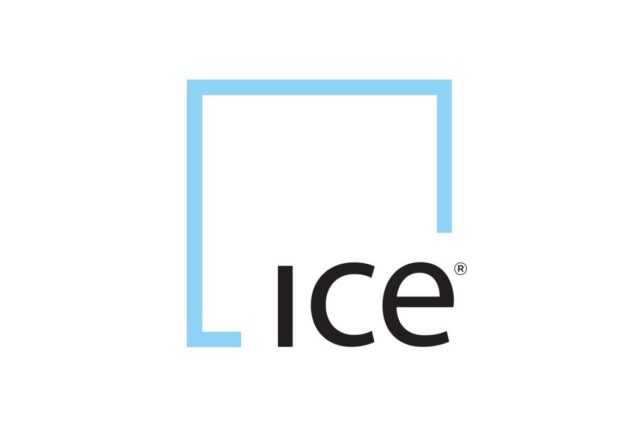MILAN – Coffee futures prices were on a rollercoaster ride in the first half of the week. Following Tuesday’s price hikes, quotes were sharply down on both markets on Wednesday. ICE Arabica’s main contract for December delivery lost 750 points (-4.48%) to end the day below the $1.60 mark at 159.80 cents per lb.
ICE Robusta most traded contract for January 2024 delivery was $54 down (-2.28%) at a new two and ½ week low of $ 2312.
In New York, long liquidation was triggered by forecasts for steady rains in Brazil and reports of above average rainfall in the country’s main coffee region of Minas Gerais.
Dealers said the market lacked clear direction, with mostly financial players driving the prices up or down.
Meanwhile, ICE Arabica’s certified stocks fell to a new 24-year low of 380,033 60-kg bags.
According to the Exchange’s daily report, there was no coffee recently delivered pending the grading process for approval to enter the certified stocks.
The Intercontinental Exchange has recently announced amendments to Coffee “C” Futures Contract Rules aimed at ending the controversial re-grading of old coffees at exchange warehouses.
The Exchange said it will no longer accept the practice of re-submission for sampling and grading of Arabica coffees which have previously been certificated for delivery and subsequently de-certified.
The World Bank’s beverage price index declined marginally in 2023Q3, with a 16 percent increase in cocoa prices offset by a 14 percent decline in Arabica coffee prices. The index remains about 1% lower than a year ago.
Following a 14% decline in 2023Q3, Arabica coffee prices stand almost 30 percent lower than a year earlier, the World Bank reports in its latest Commodity Market Outlook. The weakening reflects favourable conditions for Brazilian and Colombian crops (both key Arabica producers), production of which is expected to increase production by nearly 14 percent during the upcoming (2023-24) season.
Robusta prices, on the other hand, gained marginally in the quarter (2 percent) but are currently more than 17 percent higher than a year ago. The Robusta market is expected to remain tight as a decline in Indonesia’s and Uganda’s production (-2.1 million bags) outweighs Vietnam’s output increase (+1.4 million bags.
Following an estimated decline of more than 20% in 2023, Arabica prices are expected to soften marginally in 2024 and remain broadly stable in 2025.
In contrast, Robusta prices are expected to decline nearly 8 percent in 2024, followed by a small decrease in 2025, after gaining almost 14 percent in 2023.
The intensification of El Niño and a more severe downturn of the global economy present key upside and downside price risks, respectively.


















